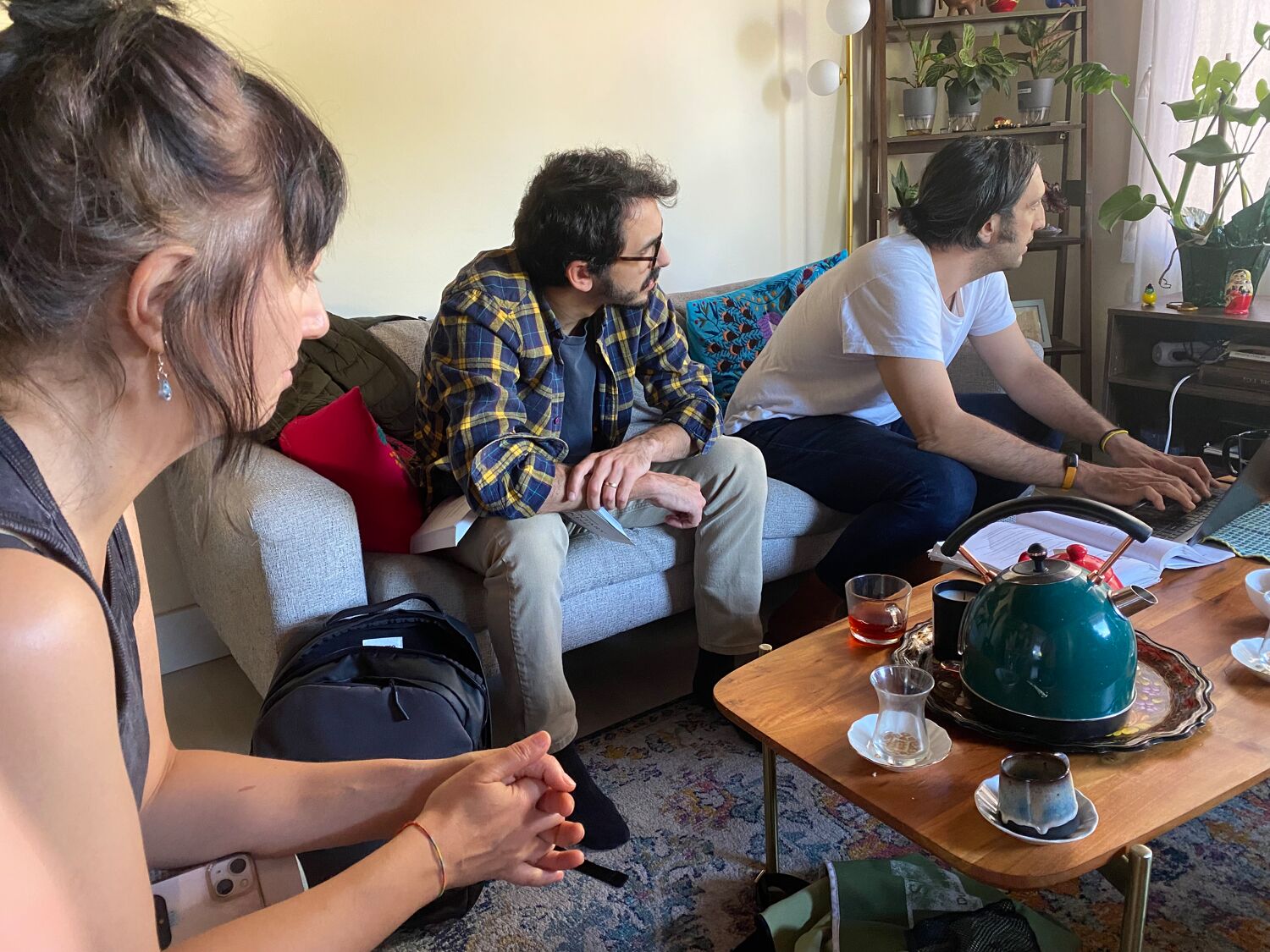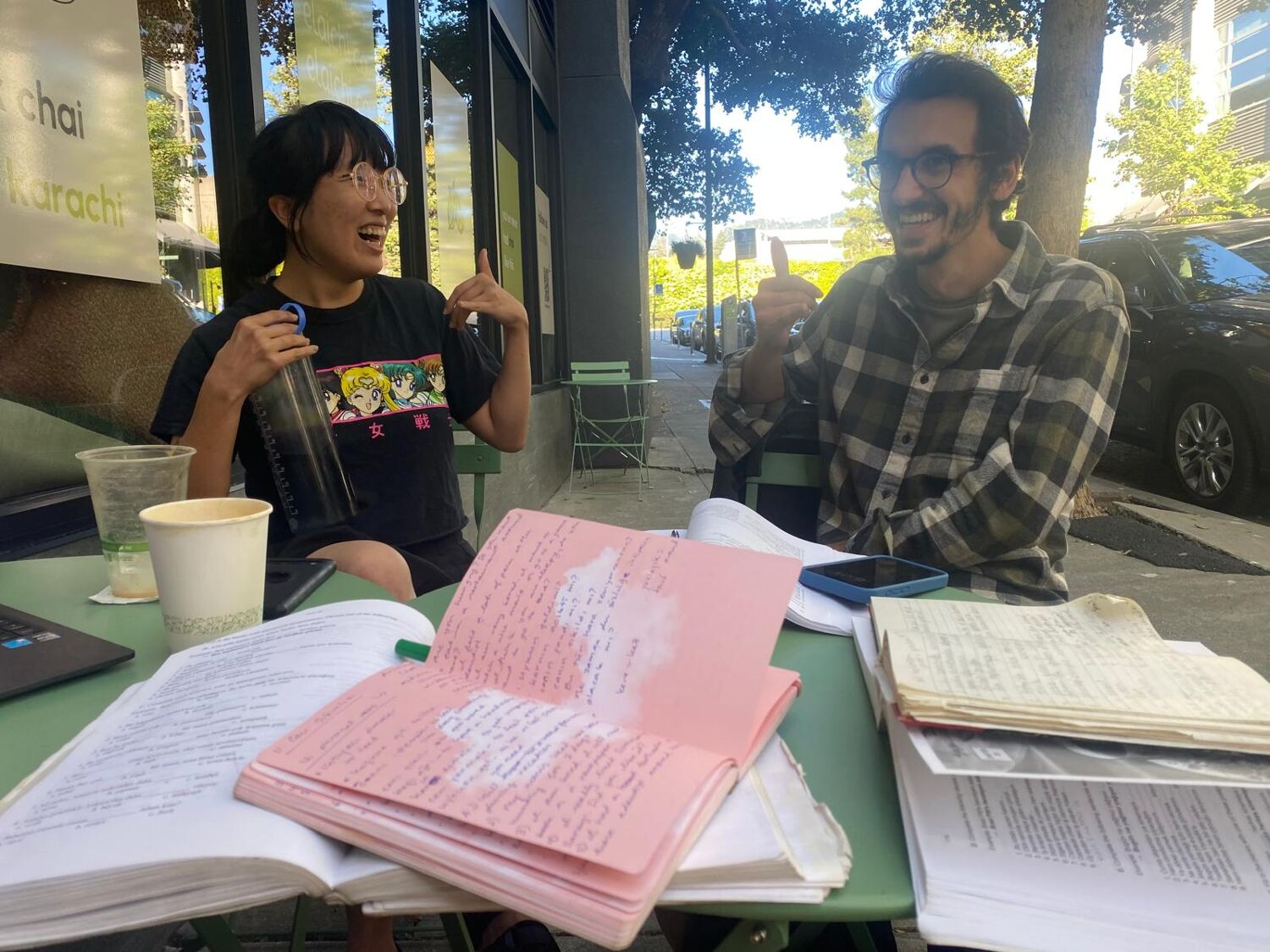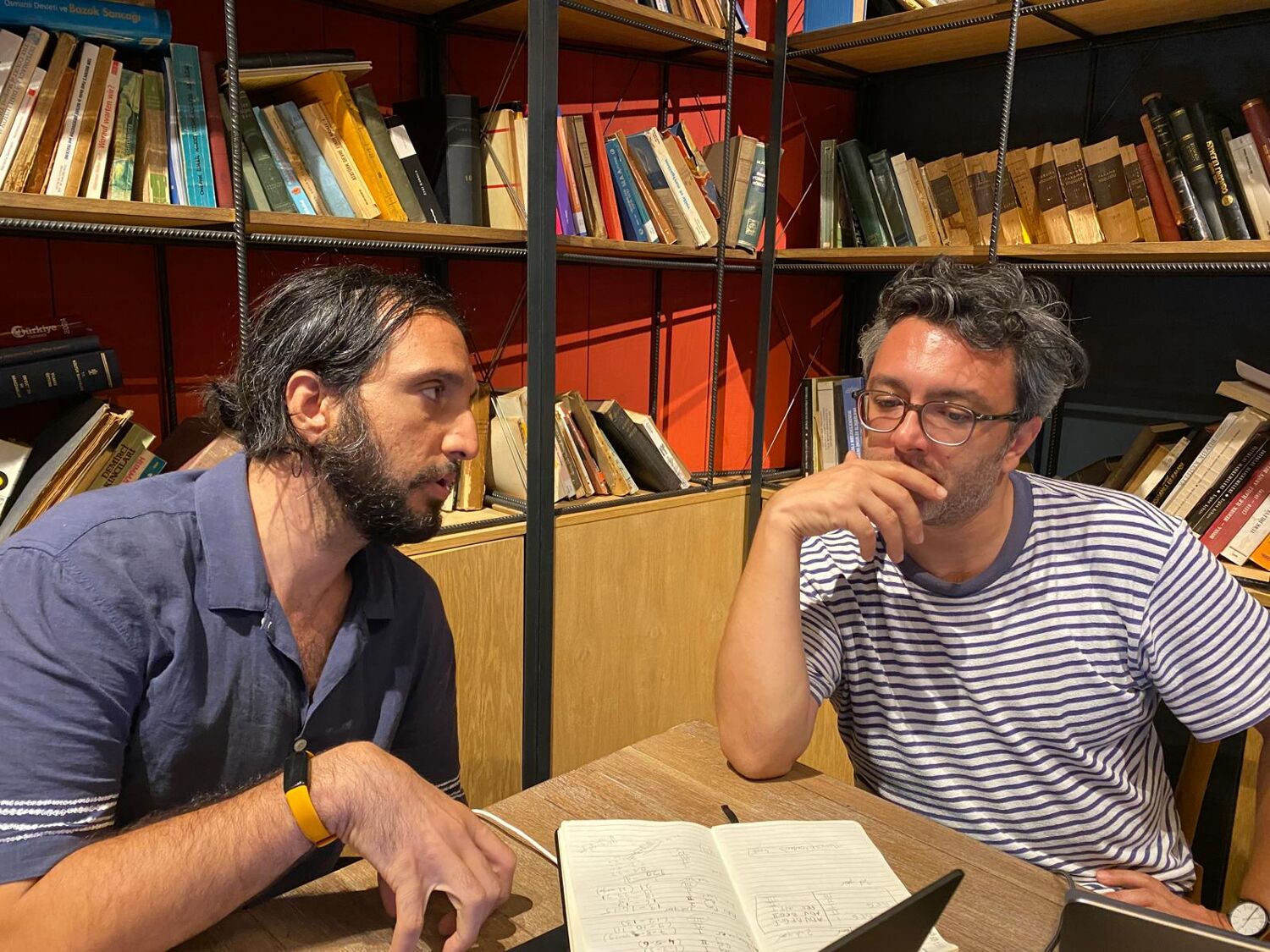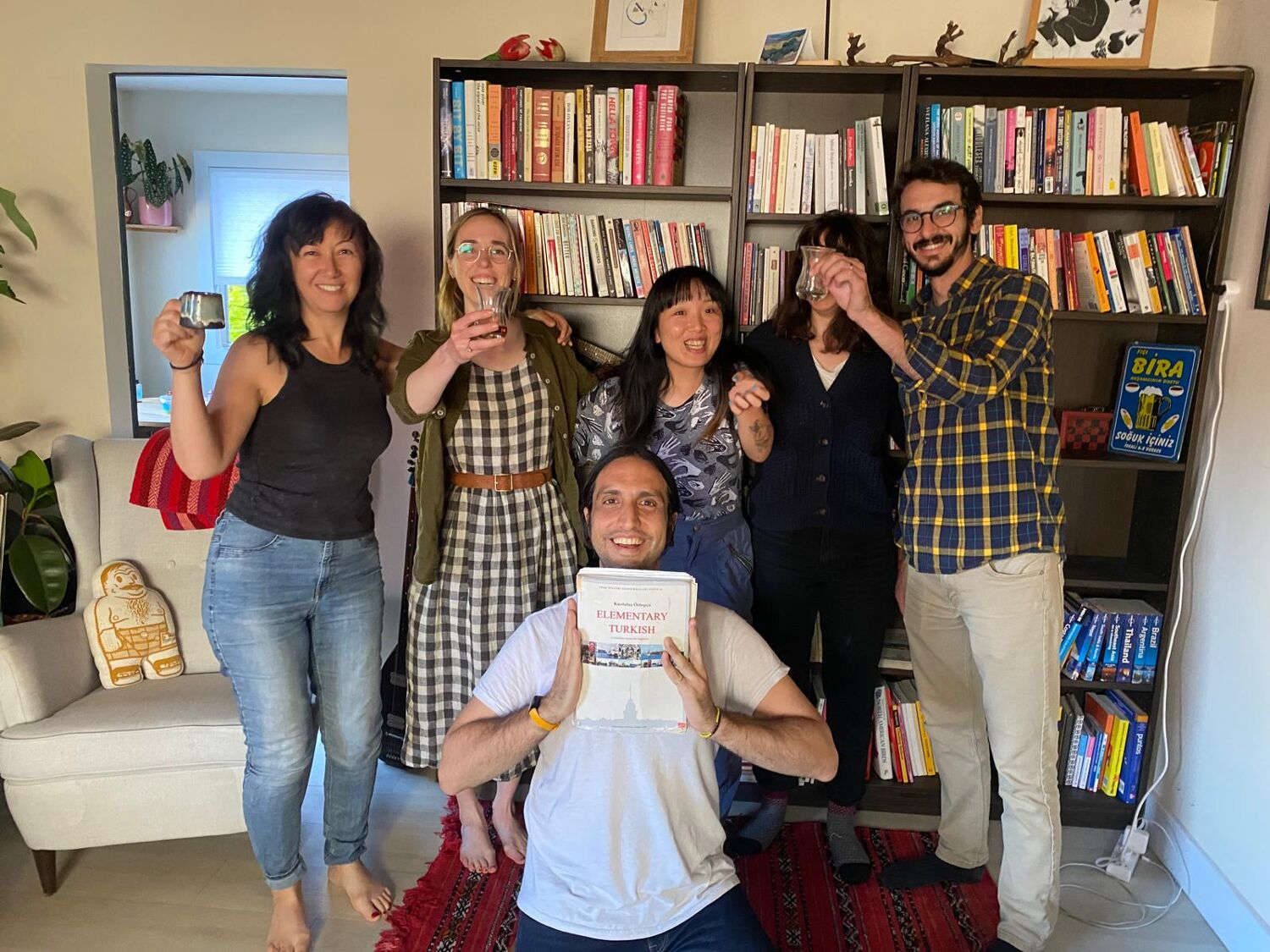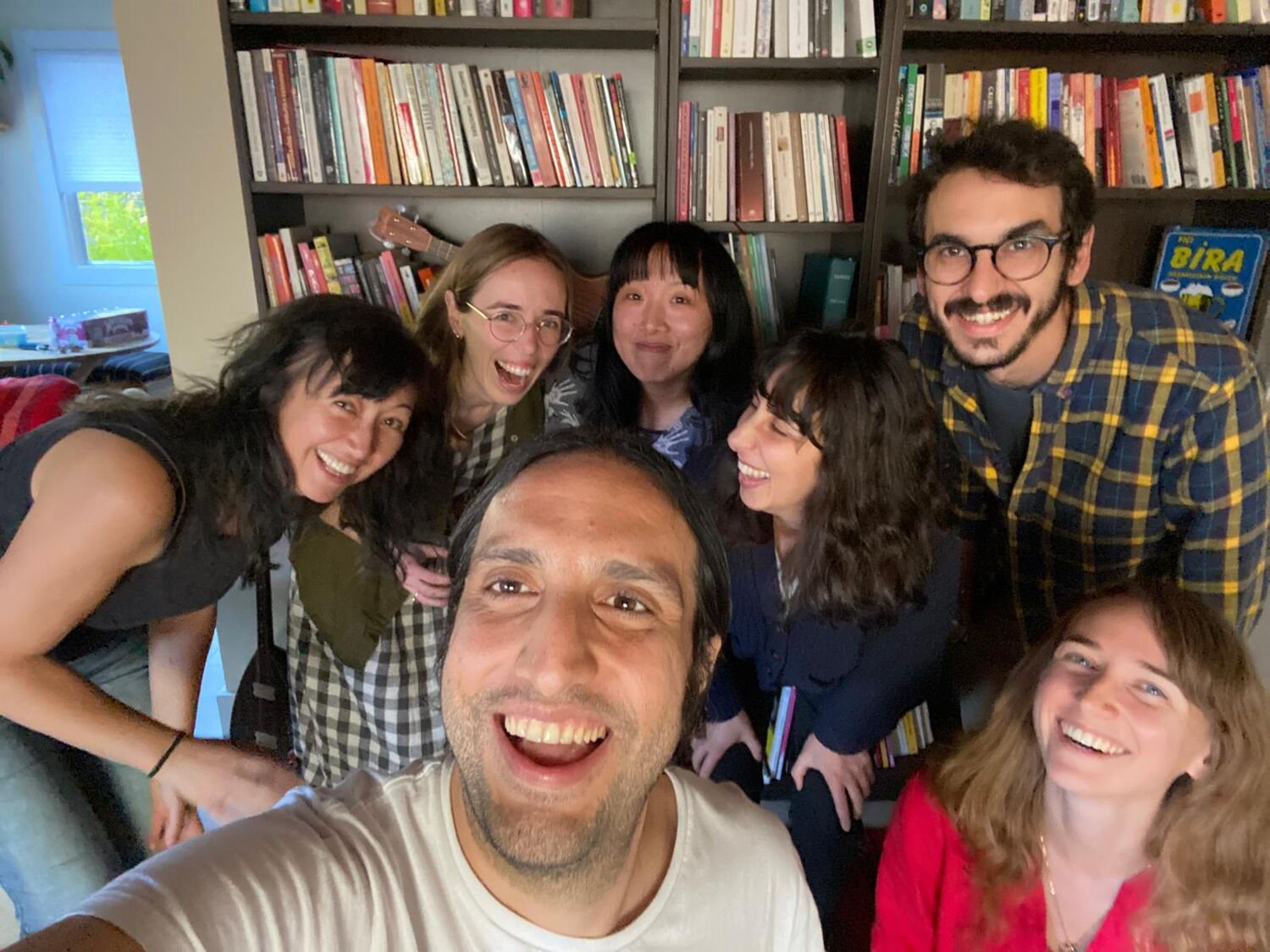
Class Information
Join our boutique language school for a unique learning experience tailored to your needs.
Class & Level Descriptions
Our language program provides an immersive, culturally enriched learning experience, designed to suit a wide range of learning styles. We believe in integrating grammar with active practice, creating a balanced approach where students can master foundational rules and apply them naturally in conversation. Our instructors combine structured grammar drills and linguistic theory; interactive speaking, writing and reading exercises; engaging cultural content, including pop culture and traditional culture such as music, theater, and literature; fun activities such as games, role-play, and trivia. This holistic approach ensures that students build confidence and competence in speaking, listening, reading, and writing, connecting with both the language and culture at a deep level. Our program covers all of the information in the Elementary Turkish textbooks (volumes 1 and 2) by Kurtuluş Öztopçu over the course of the 3 years, which provided a complete knowledge base of all Turkish grammar.
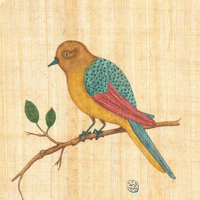
Year 1: Beginner
The first year establishes a comprehensive foundation for Turkish language learners. Topics and skills covered include:
Novice Beginner I (Chapters 1-3): Turkish alphabet and pronunciation, greetings, vowel harmony, present tense with the verb "to be," negation, locative case, plural nouns, and basic classroom and location vocabulary. Students practice forming questions and using possessive and demonstrative forms.
Novice Beginner II (Chapters 4-6): Nationalities, cities, colors, occupations, present progressive tense, dative case, derivative suffixes (+CI and +IL), possessive structures, and genitive case. Additional practice with Turkish syntax includes negation and forming basic sentences with the infinitive.
Beginner I (Chapters 7-9): Topics include home and family vocabulary, languages, ablative and accusative cases, creating affirmative and negative questions, the imperative mood, and using "var/yok" (existence and non-existence). Derivative suffixes (+CA and +lIK), adjectives, and the concept of medial vowel loss are introduced.
Beginner II (Chapters 9-11): Students explore activities, dates, times, cultural events, and entertainment vocabulary. Additional grammar points include the genitive-possessive compound, compound nouns, buffer consonants, and European loan words in Turkish.
Beginner III (Chapters 12-13): Sports, recreation, shopping, definite past tense, ordinal numbers, and primary postpositions (like "ile" and "için") are covered, as well as expressions of necessity, such as "gerek" and "lazım."
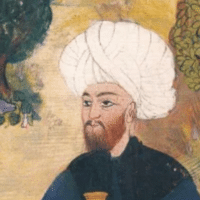
Year 2: Advanced Beginner
The second year builds conversational skills and introduces more complex grammar. Topics and skills covered include:
Advanced Beginner I (Chapters 13-15): Topics include bargaining, shopping vocabulary, secondary postpositions, future tense, primary postpositions (such as "doğru" and "göre"), and the pronunciation of initial consonant clusters.
Advanced Beginner II (Chapters 16-17): Conversations about cities, transportation, comparisons, preferences, and weather. Grammar topics include expressing purpose with "-mAk için," the adverbial suffix "-(y)Inca," and a review of question words.
Pre-Intermediate I (Chapters 18 and start of 19): Topics related to ordering food, expressing thanks, grocery shopping, Turkish cuisine, recipes, and work-related language. Grammar includes aorist tense, imperative mood (third person), correlative conjunctions, and non-future participles such as "-(y)An."
Pre-Intermediate II (End of Chapter 19 and Chapter 20): Students learn how to ask about and describe personal traits, use compound verbs, and employ postpositions like "başka" and "beri." Vocabulary includes language related to people’s personalities and hobbies, along with an introduction to primary phrasal verbs.
Pre-Intermediate III (Chapter 21): Students discuss Turkish holidays, customs, celebrations, and social invitations, learning to offer, accept, and decline offers. Grammar topics include the optative mood, intensive adjectives, verbal nouns like "-mA" and "-(y)Iş," and relative suffix "+ki."
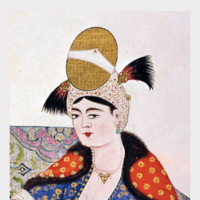
Year 3: Intermediate
In the third year, students achieve fluency in conversation, expand their vocabulary, and master advanced grammatical structures. Topics and skills covered include:
Intermediate I (Chapter 22): Topics include literature, daily routines, letter writing, time expressions, and shopping vocabulary. Grammar includes adverbs of frequency, the derivative suffix "+lA," and time expressions like "önce" and "sonra," as well as adverbial suffix "-(y)Ip."
Intermediate II (Chapters 23-24): Topics include renting apartments, booking hotels, discussing minor illnesses, and offering medical advice. Grammar includes reflexive pronouns, the future participle "-(y)AcAk," subject-verb agreement, logical stress, and the use of adverbial auxiliary "-(y)ken."
Intermediate III (Chapters 25-27): Health, pharmacies, travel vocabulary, and humor are explored, along with grammar topics like the reported past tense ("-mIş"), passive voice, question tags, and advanced derivation with suffixes like "-I." Grammar review includes simple tense review and dubitative mood.
Intermediate IV (Chapters 28-29): Students practice telephone conversations, daily routines, describing cities, and asking for help. Grammar includes politeness markers, abilitative suffix "-(y)Abil," the causative mood, past progressive, habitual past, and conditional tense.
Intermediate V (Chapter 30): This level provides a comprehensive review of all topics and grammatical structures, ensuring students are fully prepared for conversational and written Turkish at an advanced level.

Year 4+: Advanced
The Advanced classes are for students who have learned all grammar concepts and have a large vocabulary but still need work on achieving fluency. These classes aim to help students achieve advanced fluency and cultural proficiency, preparing students to engage in nuanced discussions and complex interactions in Turkish, including working in Turkish.
Topics and skills covered include:Reading and analyzing complex texts, including news articles, literature, and essays. This level emphasizes writing exercises to build advanced syntax and style, such as constructing structured arguments and presenting formal opinions.Debating contemporary and high-level political, social, historical and philosophical topics in Turkey and the wider world, with a focus on vocabulary specific to current events. Grammar and vocabulary expand to include specialized terminology, advanced conjunctions, and complex sentence structures, helping students articulate arguments effectively.
Mastering idiomatic expressions, proverbs, and colloquial language to express themselves fluently and naturally. Discussions explore literature, philosophy, and personal values, promoting critical thinking and self-expression. By the end of this level, students are prepared for immersive, real-world experiences in Turkish, with skills in reading, writing, listening, and speaking at an advanced level.Classes this level provide students with the confidence and ability to navigate professional, academic, and personal conversations fluently.
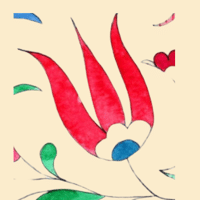
Private
Our private Turkish classes are fully tailored to meet each student's unique needs and learning goals, whether they are absolute beginners, heritage speakers, or advanced learners seeking specialized vocabulary. For heritage speakers, we emphasize grammar fundamentals and writing skills, approaching the language from a heritage speaker’s perspective to bridge any gaps in formal grammar and literacy.For students with specific professional goals, like medical professionals working with Turkish-speaking patients, or academics researching a field that required Turkish language knowledge, we customize lessons to cover technical vocabulary and practical phrases, enabling them to communicate confidently in relevant contexts. Private lessons are adaptable, allowing students to focus on areas of interest—whether that’s mastering conversation for everyday use, refining writing skills, or preparing for specific situations. Our approach ensures that every student receives an individualized, goal-oriented learning experience.
Explore our Turkish Learning Community
Our program has a vibrant Turkish learning community, creating peer based support and motivation for students.